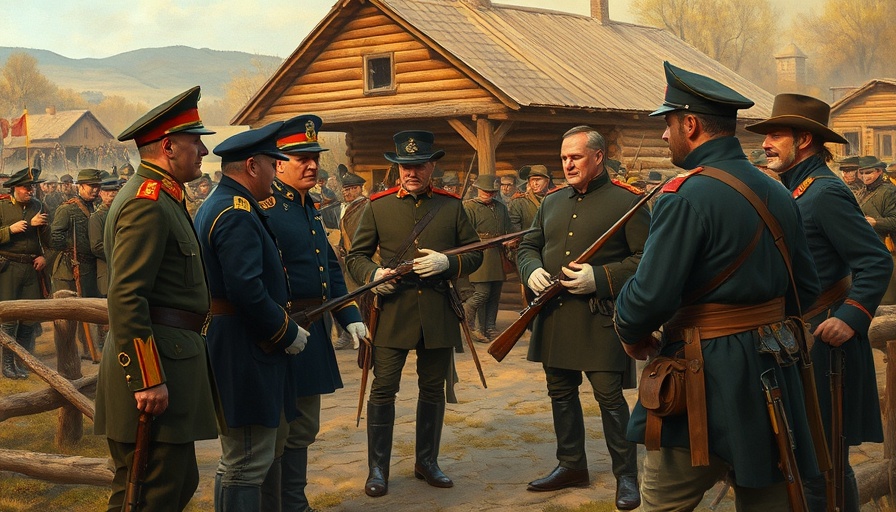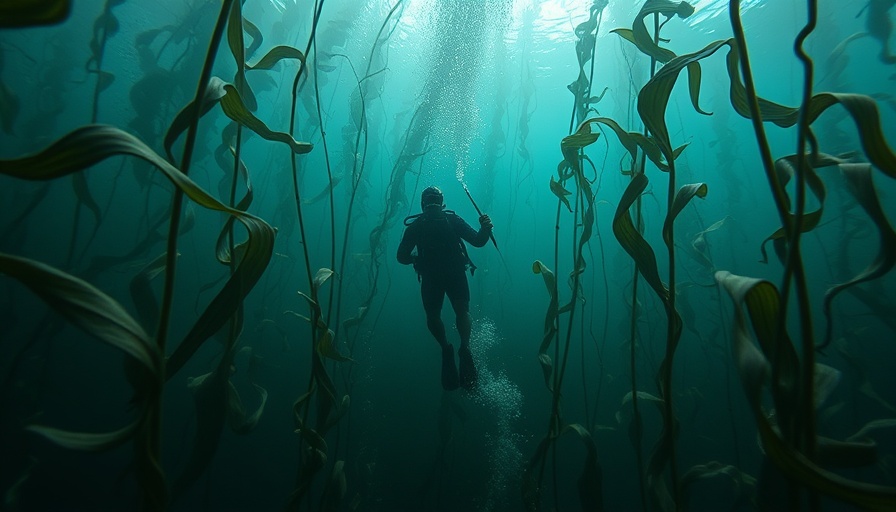
Survival Against the Odds: A Grizzly Encounter
Imagine trekking through the tranquil woods, the sun filtering through the leaves, when suddenly, out of nowhere, a grizzly bear charges at you. This was the terrifying reality for a hunter whose harrowing survival story reminds us of the often-harsh relationship between humans and wildlife. In the remote wilderness of Alaska, this hunter's encounter with a massive grizzly bear was not just a close brush with nature; it became a fight for his life. The grizzly's ferocity and sheer power are emblematic of the wild, underscoring the risks hunters and outdoor enthusiasts face when venturing into bear territory.
Understanding Bear Behavior: A Vital Insight
It is essential for anyone planning outdoor activities in bear country to understand bear behavior. The majority of bear encounters do not lead to attacks, but when they do, awareness and knowledge can translate to survival. According to wildlife experts, grizzlies usually avoid human contact unless provoked or threatened. In this particular case, the hunter unknowingly came too close to the bear's cubs, triggering a protective response. This knowledge is not just crucial for hunters but extends to anyone who finds joy in the great outdoors, as it highlights the importance of respecting wildlife and understanding their habitat.
Lifestyle Adaptations: Keeping Safe in Nature
For homeowners and outdoor lovers, this encounter serves as a wake-up call about the unpredictability of nature. Engaging in outdoor activities mandates a commitment to safety. Basic precautions like carrying bear spray, making noise while hiking, and traveling with companions can make all the difference. Living in the MidSouth, where outdoor adventures abound—from hiking to camping—incorporating these safety measures ensures you remain healthy and well while exploring the beauty of nature.
Physical and Mental Resilience: Lessons from a Survivor
The aftermath of such a traumatic experience creates a compelling narrative of resilience. The hunter not only survived the attack but emerged with a renewed appreciation for life and nature. This transformation reflects an overarching theme of health and wellness—a core focus for many in the MidSouth. Embracing mental fortitude and developing physical resilience can prepare one to face life’s challenges—whether they stem from the natural world or from personal struggles. Regular fitness routines, mindfulness practices, and community support are vital components of a robust wellness plan.
Community Skills: Building Awareness and Support
Sharing survival experiences encourages a culture of preparedness and safety within communities. In the MidSouth, fostering community awareness about wildlife coexistence is equally important as individual safety measures. Local workshops and seminars can provide critical knowledge about outdoor safety and promote discussions about wildlife encounters. By building a network of informed individuals, we can work collectively toward not only personal safety but also a greater appreciation for our natural environment.
Conclusion: Embracing Challenges as Part of Wellness
The tale of survival against a grizzly attacks challenges us to consider our approaches to health, wellness, and outdoor activities. It emphasizes that while life may present daunting challenges, each struggle offers an opportunity for growth and deeper understanding. For homeowners in the MidSouth, this story is not just about surviving an animal encounter; it is a reminder to prioritize health, stay prepared, and respect nature’s power. As we navigate our lives, let’s embrace these lessons and promote a proactive approach to our well-being, ensuring that we stay healthy both inside our homes and outside in nature.
 Add Row
Add Row  Add
Add 



 Add Row
Add Row  Add
Add 
Write A Comment